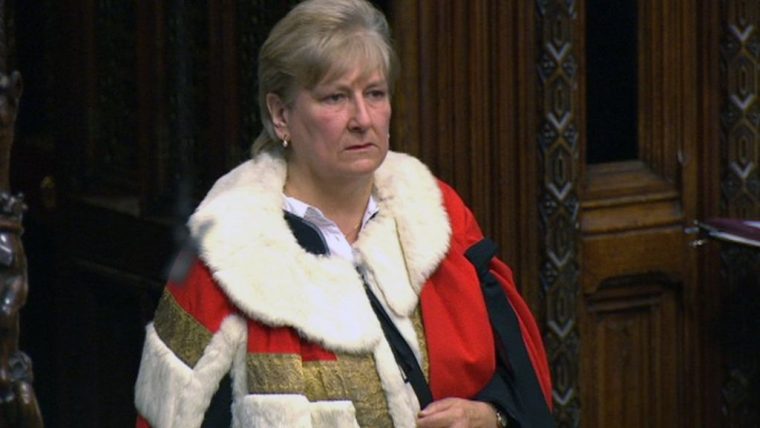The United Kingdom is concerned that the introduction of bond notes in Zimbabwe will fuel hyperinflation but it cannot interfere with Harare’s microeconomic, fiscal or financial policies.
This was said by Britain’s Baroness Goldie in response to a question from Lord St John of Blesto who wanted to know whether the minister agreed that the “disastrous decision” to print bond notes in Zimbabwe would re-stoke fears of hyperinflation in the country and lead to another escalation of migration to South Africa.
Baroness Goldie said the British peer’s concern was correct and the UK regularly relayed its concerns through diplomatic engagement with Zimbabwe.
“When the decision was made by Zimbabwe to issue the dollar bond notes, it raised memories of the hyperinflation of 2008 which caused a loss of confidence in the banking sector,” she said.
“However, ultimately it is not for the United Kingdom to interfere in either the microeconomic policy of Zimbabwe or its fiscal and financial policy.
“All the United Kingdom can do is urge Zimbabwe to engage in a much-needed and overdue programme of political, economic, social and governance reform.”
Zimbabwe plans to introduce bond notes to ease the cash crisis in the country but the move has backfired with people rushing to withdraw their cash and foreign investors cashing out of the stock market.
Although Zimbabwe is not likely to reverse its decision, it has not yet announced when the notes will be unveiled.
The government, however, seems divided on the issue.
Q & A:
Lord St John of Bletso (CB)– My Lords, does the Minister agree that the recent disastrous decision to print bond notes in Zimbabwe will re-stoke fears of hyperinflation in the country and lead to another escalation of migration into South Africa? On a day when President Mugabe is meeting Jacob Zuma and at a time when South Africa is not being paid for the electricity supplied by it, what measures can be taken to avert the disastrous impact of an inevitable meltdown in Zimbabwe?
Baroness Goldie-The noble Lord is correct to refer to a grave economic situation in Zimbabwe. That is part of the United Kingdom’s general arena of concern, which is regularly relayed in diplomatic engagement. When the decision was made by Zimbabwe to issue the dollar bond notes, it raised memories of the hyperinflation of 2008 which caused a loss of confidence in the banking sector. However, ultimately it is not for the United Kingdom to interfere in either the microeconomic policy of Zimbabwe or its fiscal and financial policy. All the United Kingdom can do is urge Zimbabwe to engage in a much-needed and overdue programme of political, economic, social and governance reform.
(86 VIEWS)







0 Comments